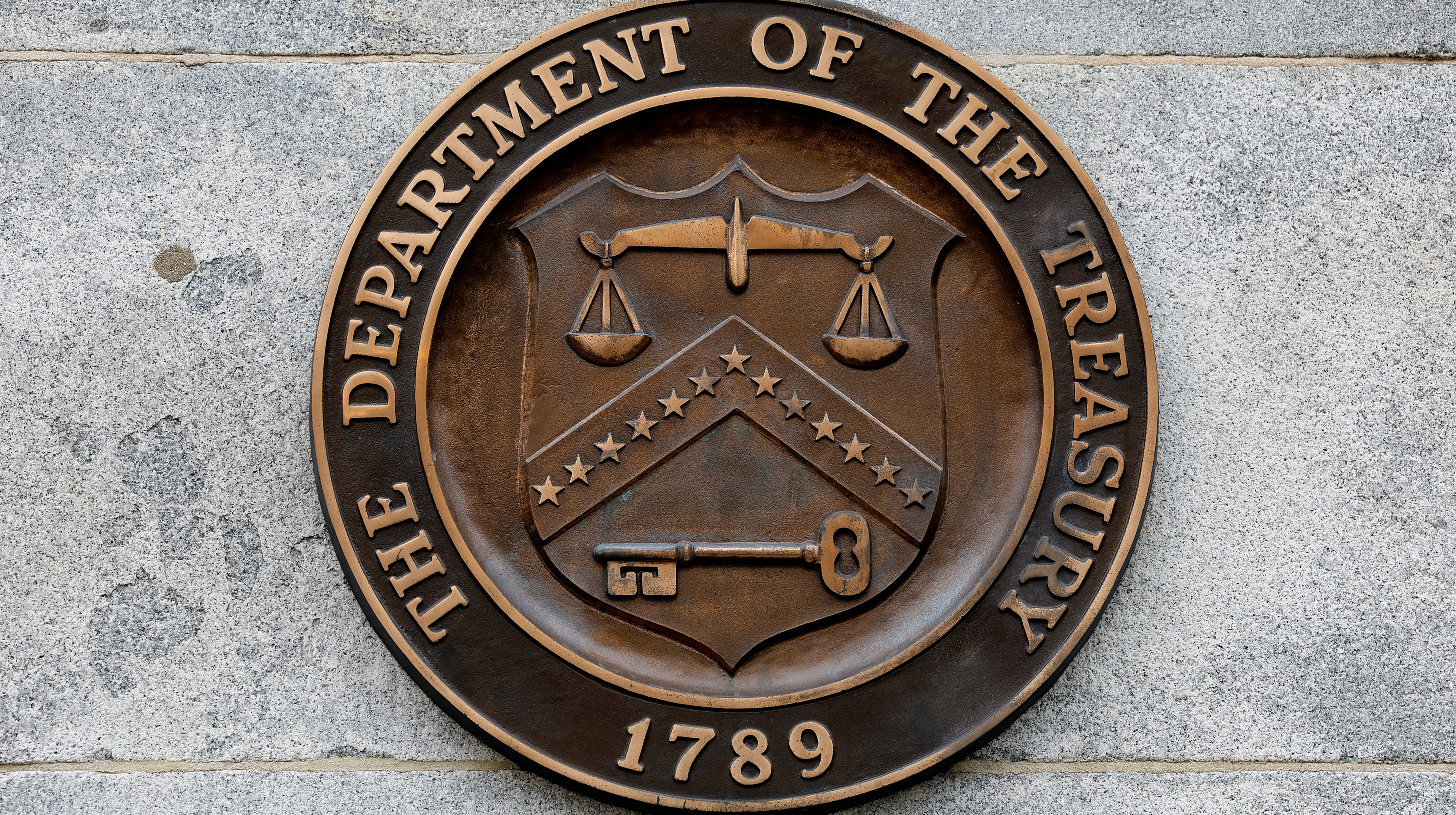“The US Treasury Department announced the issuance of a general license that allows Hungary to conduct financial transactions with Russian banks within the framework of the Paks II nuclear power plant construction.”, — write: www.pravda.com.ua
Source: Reuters
Details: In its explanation, the US Treasury Department noted that the new general license provides an exception to current US sanctions against Russia, which are in response to its war against Ukraine. The permit concerns the financial transactions necessary for the implementation of the Paks II NPP project in Hungary, and covers key Russian financial institutions participating in this project.
Advertising:
In particular, transactions involving Gazprombank, VTB Bank and the Central Bank of the Russian Federation are subject to the license. These institutions provide financing and support for the project, which has been implemented since 2014 by the Russian state corporation Rosatom on the basis of an intergovernmental agreement between Budapest and Moscow.
The US decision was made against the background of intensifying negotiations between Washington and Budapest in the sphere of energy and security. In November, during a meeting in Washington, Hungarian Prime Minister Viktor Orbán signed a strategic agreement on partnership in the nuclear industry with US President Donald Trump. According to the agreements, Hungary will buy American nuclear fuel and technologies for storing spent materials, while remaining dependent on Russia for the construction of the power units themselves.
The “Paksh II” project envisages the construction of two reactors of the “3+” generation of the VVER-1200 type, which are to replace the old power units, the service life of which is coming to an end.
Financing of the project also largely depends on Russia. In 2014, Moscow agreed to provide Budapest with a state loan of 10 billion euros, covering about 80% of the construction cost. This has repeatedly become the subject of criticism in the EU and among certain Western partners, who point to the risks of increasing the dependence of a NATO member state on the Kremlin.
Despite Russia’s full-scale invasion of Ukraine and numerous packages of EU sanctions, Orban consistently defends the inviolability of nuclear cooperation with the Russian Federation. Budapest regularly threatens to block sanctions that could affect Rosatom or the Russian nuclear industry in general, citing national interests.
